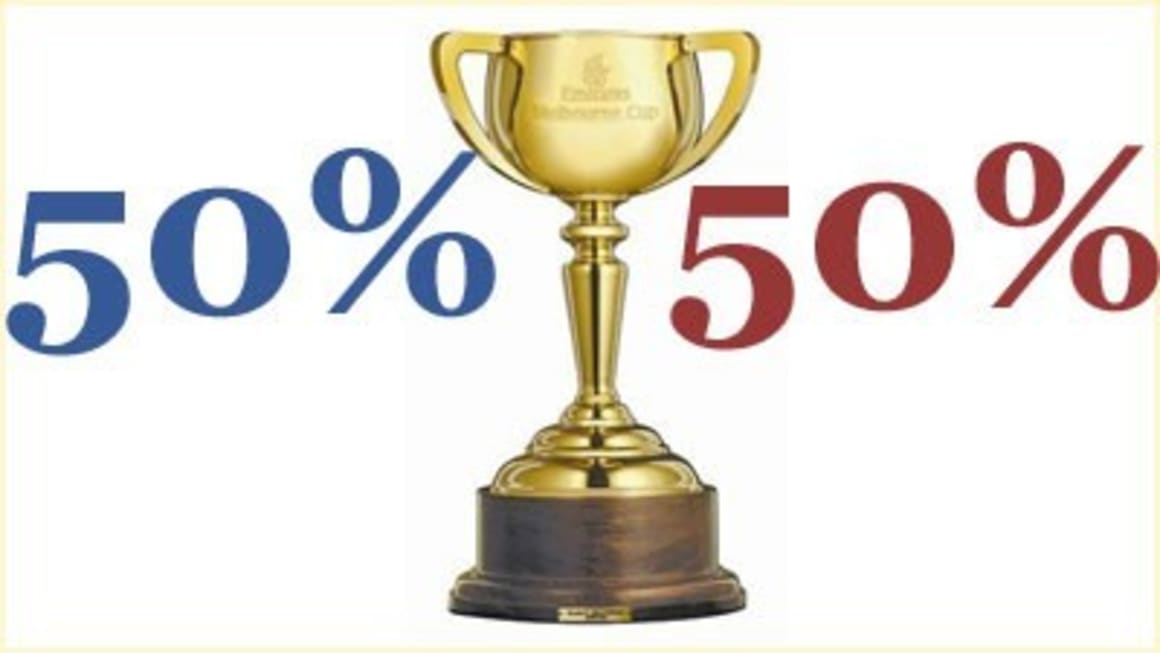Melbourne Cup Day rate cut now only a '50-50 call' following deputy RBA governor speech: Michael Blythe

A speech last night by RBA deputy governor Philip Lowe has reduced what seemed like a sure bet cash rate cut on Melbourne Cup Day to only a "50-50 call", according to Commonwealth Bank chief economist Michael Blythe.
Blythe says the overall impression of the speech is that “lower interest rates may be required at some point but there was no strong signal that the Bank was preparing to cut rates at next week’s board meeting”.
“We still favour a Melbourne Cup Day rate cut but it is increasingly looking like another 50?50 call,” he added.
Speaking at the Australasian Fixed Income Conference, where he gave an overall positive assessment of Australia’s stronger position relative to Asia and other advanced economies, Lowe said “lower-than-average interest rates” were providing “some support to demand in the economy”.
He said there was also “some sign that they have led to a slight improvement in the property market, although there has been little change in the appetite for debt”.
Blythe highlighted the remarks made by Lowe comparing Australia’s high interest rate settings relative to other countries.
Lowe says the main reason for these higher settings is that “the rate of return on new investment in Australia is higher than in many other countries, as evidenced by the high level of investment”.
“The very low interest rates in many other economies should not be seen as a good thing or something to aspire to. They reflect those countries' difficult economic circumstances, and particularly the low risk-adjusted returns available on new investment,” Lowe says.
Blythe says the case for lower rates at some point revolves around “weak global growth, the global uncertainties impacting on household and business decisions and the asset allocation decisions triggered by quantitative easing (QE) measures that are putting upward pressure on exchange rates in non?QE economies.
“The deputy governor explicitly noted that high exchange rates in some countries “should not come as a surprise” but could be “uncomfortable” for those involved.”
In his speech Lowe noted that “uncertainty stemming from problems in the advanced economies" was having an impact on confidence in Australia.
“It has adversely affected confidence and has led to the deferral of some decisions and more cautious behaviour.
But he also says that subdued confidence levels have “domestic roots”
“Employment growth, the rate of asset price increases and consumption growth are all lower than they were over the decade to the mid-2000s," said Lowe.
“During this earlier period the outcomes in these areas were very strong as the economy adjusted to low inflation and the increased availability of credit.
"But this adjustment is now complete, and the return to more normal patterns has come as a disappointing surprise to many who thought that the previous outcomes were the norm.
"This gradual realisation that the future is likely to be different from the past is an important factor weighing on sentiment in Australia,” Lowe says.